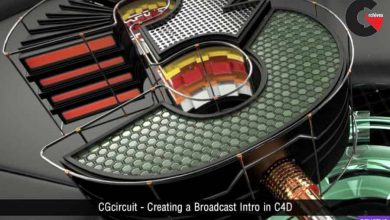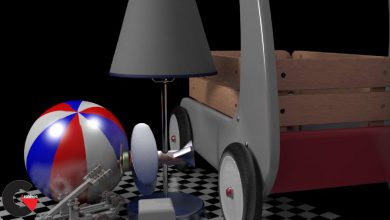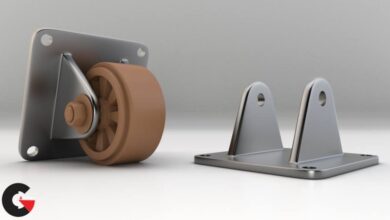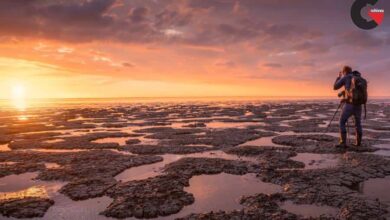Mastering Architecture and Real Estate Photography
 Mastering Architecture
Mastering Architecture
Mastering Architecture and Real Estate Photography : 2019 Updates: New video lectures on processing imagesincluding some downloadable Photoshop files to practice with.
Requirements
- An intermediate understanding of photography techniques
- Camera, wide angle lens, tripod, cable release or wireless camera trigger.
- Photoshop is demonstrated throughout the course and an intermediate understanding is helpful. You do not have to use Photoshop and can use other programs if they will allow compositing of images.
- The use of flash or strobes is covered but owning that equipment is not required.
The market for skilled photographers photographing jobs for real estate and architecture is huge. Business is booming in commercial and residential construction.
Home builders, property managers, construction companies, hospitals, retirement communities, hotels, manufacturing facilities, magazines, and real estate ventures all have a use for architecture and real estate photography. Architecture interiors is one of the most challenging subjects to compose and light. There are ambient light issues, color balance issues, and lighting issues.
For the photographer skilled at shooting quality photography, there is plenty of business photographing homes, real estate, and commercial properties for architects, builders, developers, and real estate agents.
Whoever you shoot for, it is all architecture photography in one form or another yet each property will have a unique set of challenges that will dictate your photographic approach.
If you are planing to shoot architecture and real estate photography, then this online course is created just for you!
This Course is geared to intermediate through professional photographers.
You’ll receive a broad overview o f:
- Photographic lighting
- Learn how to light room interiors
- Compose a strong composition.
- You will also learn how to see light quality
- How to manage highlights and shadows
- How to choose the right lighting accessory for the scene
- Why use an umbrella over a light box
- and manage the color of various ambient light sources
Join award-winning commercial photographer Charlie Borland as he shares his knowledge in a step-by-step approach to photographing architectural properties.
You will learn how to light an interiors without the scene looking lit, how to manage lighting color balance, how to make the inside balance perfectly with the outside, how to find a storytelling angle, how to deal with poor light, how to fix bad color, how to work fast to be more profitable, and a whole lot more
You will learn how to light when there is no place to put your lights. And, we’ll show you the latest methods in using Photoshop to enhance and composite your images.
What’s covered :
- The difference between real estate photography and architectural photography
- How to see light and shadow.
- The different qualities of light, color balance, and color correction.
- The best equipment and how it works.
- HDR for architecture photography
- Which light best applies to your subject.
- Lighting color management: How to mix strobe with ambient light.
- Lighting in offices, manufacturing plants, and home environments.
- The disappearing lights technique.
- How to light with strobes and how to light with flash.
- and how to use Photoshop to create photos you can’t do in a single capture
- 12 hours of video and pdf’s
What will you learn?
There are many ways to shoot architecture photography and the method you choose will be based on how your images will be used. Are they for a realtor, a home builder, commercial developer, or maybe and architect? Depending on who you are shooting for will depend on how you approach the photography and this course covers many methods that can be applied to each type of client.
- You will learn how to shoot without supplemental light.
- How to process a basic digital file quickly.
- How to shoot for HDR.
- How to process for HDR.
- How to light a room with strobes.
- How to deal with reflections.
- How to replace lights, lamps, and windows.
- How to fix distortion.
- How to fix bad color.
- How to light a room with flash.
- How to shoot for Photoshop.
- How to use the hide-a-light technique.
- And many in-depth Photoshop techniques for beautiful architecture photography.
And…practice photo files are included for download so you can master the art of processing images.
You will learn techniques that allow you to work quickly for low budget assignments and how to create beautiful architecture photography for high end clients as well.
Course requirements :
Photoshop is used widely in the course and while you do not need to be an expert, some familiarity (primarily Layer Masking techniques} will make it easier for you. But if you are not that familiar with Photoshop, don’t worry, we have some introductory Photoshop videos that will guide you along the way.
You will need a digital camera with a wide angle lens. For full frame sensor cameras a lens around 16-35 is perfect and if you have a cropped APS sensor camera then a wide angle lens around 10-20 will work as well. If you don’t have lenses in that range but do have a wide angle lens then use it for the course and learn what you need for later purchase. You need a good tripod and a cable release or wireless device to trigger your camera. I also recommend wireless triggers to fire the strobe/flashes.
This course covers lighting extensively and includes several techniques. You will learn how to shoot architecture without lights, with strobes and umbrellas, also with a flash unit.
Who’s the Instructor?
There are many courses on how to be an amazing photographer, but how many are taught by true professionals who have a career and worked as a photographer?
I was formally trained at Brooks Institute in the 1980’s and have worked every day since. I have photographed for Fortune 500 companies, been published in countless magazines (you’ve probably heard of), and photographed Hollywood actors, pro athletes, politicians, hotels, well known products, real estate, and more people, places, and things, than I can recall.
I have taught photo workshops across the USA and Middle East. Founded two stock photo agencies, and sold thousands of stock photos. I love to teach and want to insure you succeed and love photography like I do. You can trust me to teach you photography!
Are you ready to create stunning architecture photography?
Then join me in this online adventure and in no time, you will gain a better understanding of how to create great photographs.
Who this course is for :
- Photographers interested in expanding or starting a photography business
- Real estate agents who desire to photograph their own listings
- Pro photographers expanding to new areas
What you’ll learn
- Learn a variety of techniques to photograph architecture and real estate properties.
- How to find the best angle, light, and composition
- How to light with flash or strobe lights
- How to understand and fix bad color
- How to achieve perfect interior lighting and exterior lighting
- How to photograph a room in a house, commercial property, or a hotel
Watch the Introduction Video :
lB6MwSwNNIYYHz66UqInBRH/video/12327
Direct download links 3.5 GB :
Direct download link reserved for subscribers only This VIP
Dear user to download files, please subscribe to the VIP member
- To activate your special membership site, just go to this link and register and activate your own membership . >>>register and activate<<<
- You can subscribe to this link and take advantage of the many benefits of membership.
- Direct downloads links
- No ads No waiting
- Download without any limitation ، all content in website
CGArchives Is The Best
Review
Review
Review this tutorial
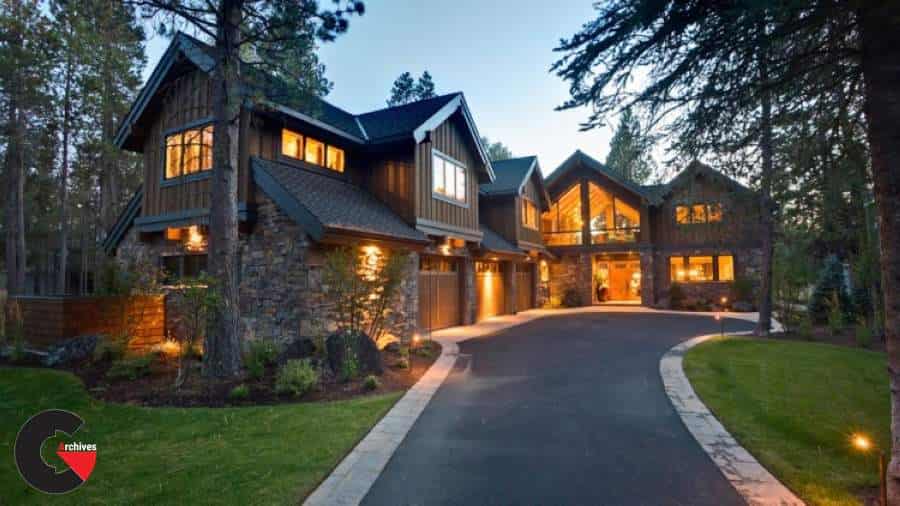 Mastering Architecture
Mastering Architecture
